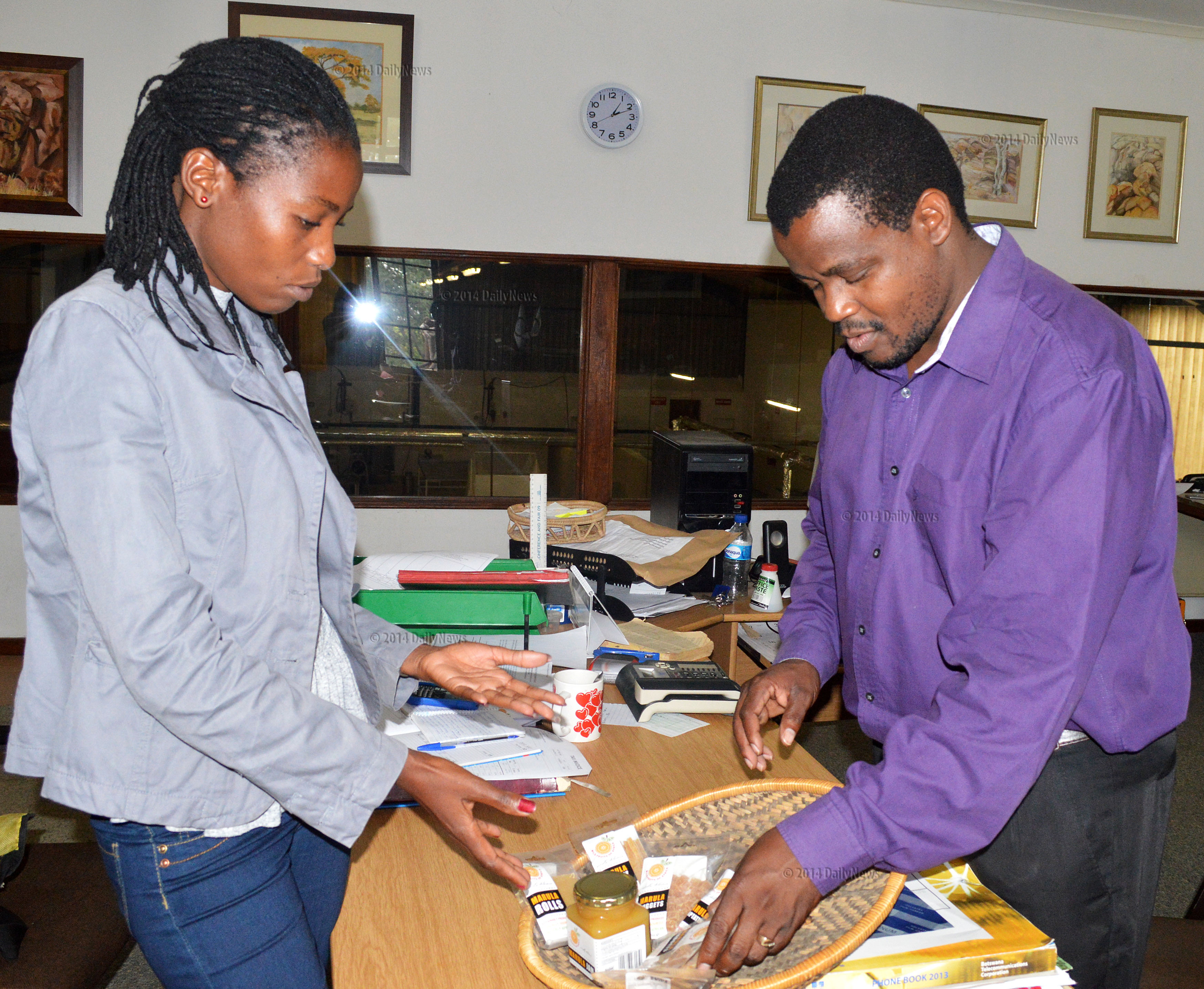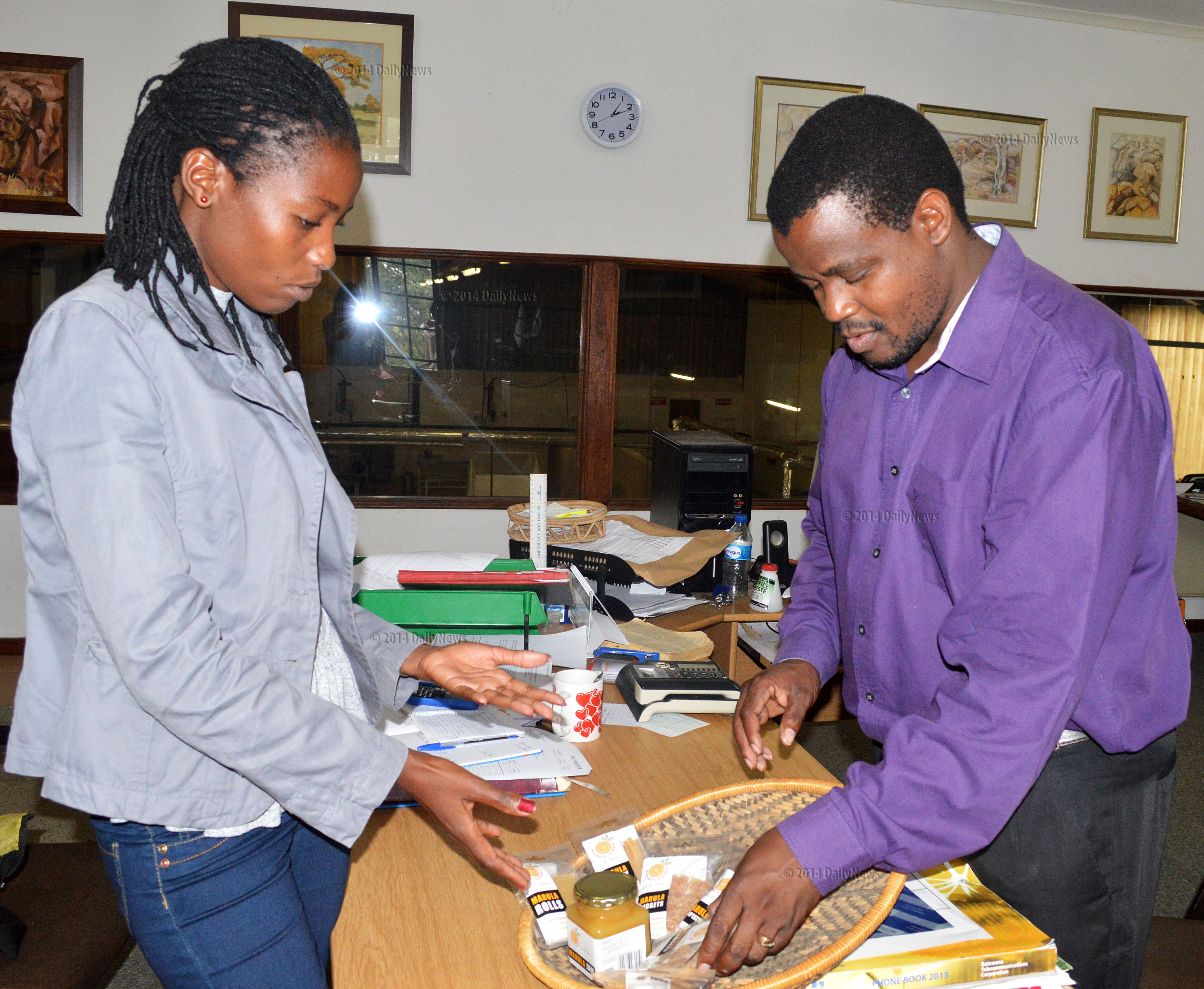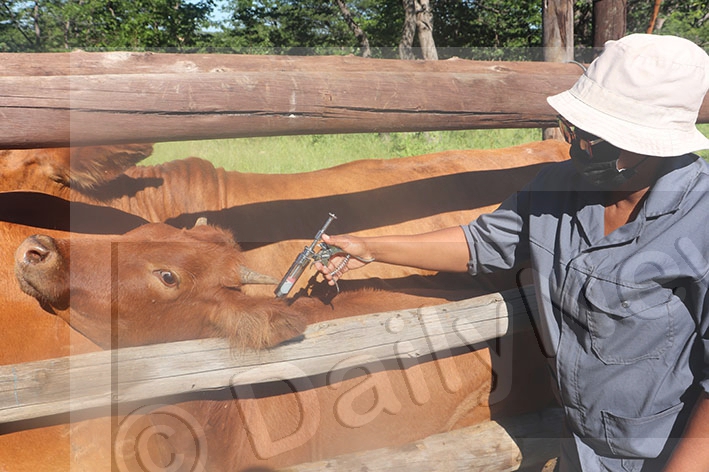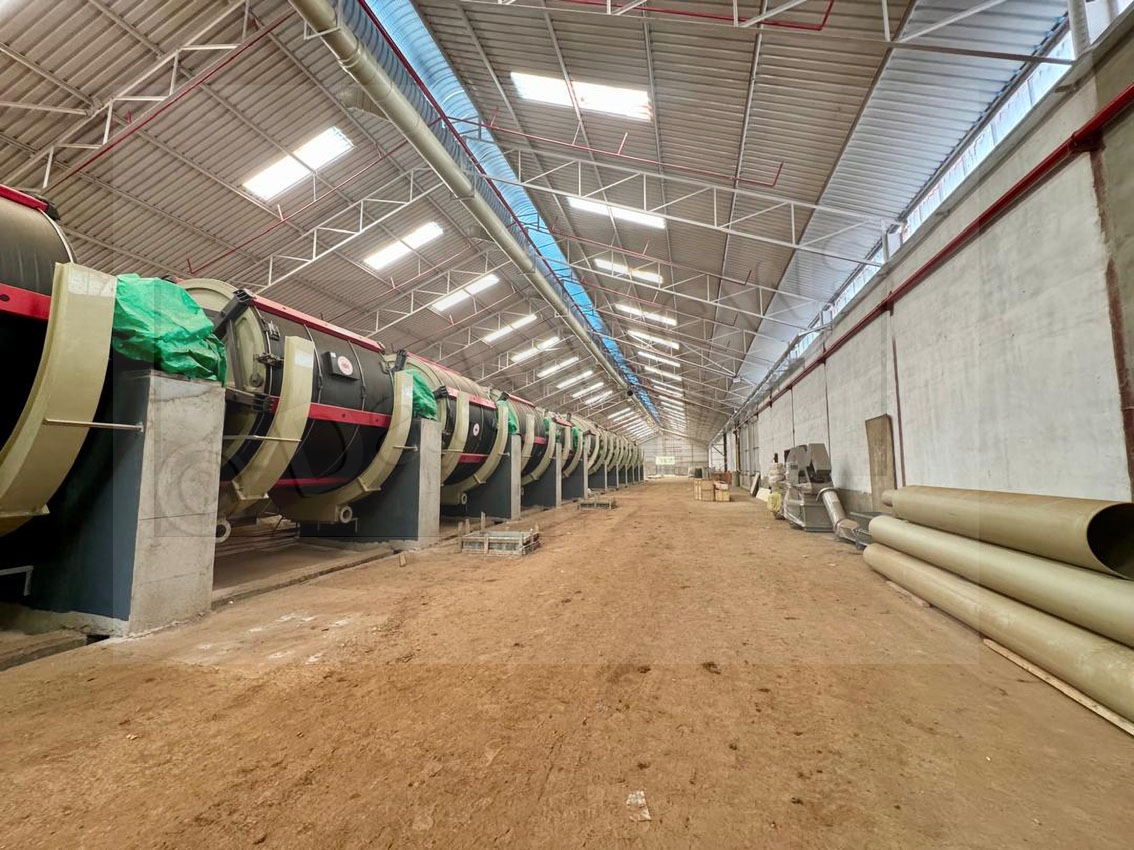Natural resources create employment
21 Apr 2014
In 1988, Mr Frank Taylor and his wife, Margaret, established a company in Gabane called Wild Fruits of Africa, the aim being to makel products from indigenous trees.
The Taylor family’s other idea was to connect the local communities with nature so they could create employment for themselves and benefit economically. Batswana have always been encouraged to start their own businesses to help diversify the country’s economy and create employment and income.
Since it was opened Wild Fruits Africa remained a living testimony of a company dedicated to assisting rural communities to create year round opportunities to generate income from natural resources.
The company produced a range of products from natural resources and had created employment to 16 residents who took care of wild and domestic indigenous fruit products such as mmilo, mahupu, lerotse, and morula.
Mr Tshireletso Taolo, the company’s marketing manager explained that different products are derived from the indigenous fruits mentioned above, adding that there are seven marula products.
He said products are categorised into two; being marula fruit slab and Fruit Leather, adding that fruit slab includes products such as marula rolls, stix, twirl, an chips, while fruit leather includes marula nuggets, jam and marula temptation.
The company produces a growing range of healthy snack foods and jams which are sold at tourist facilities, airlines, and super markets such as Choppies Hyper, Pick ‘n Pay, Spar, and Game Store.
Mr Taolo noted that Wild fruit products are found in places such as Gaborone, Francistown, Maun, Kasane, Jwaneng and Kang, among others.
The company’s affordable and quality products have already penetrated the local market with the 50 grammes products costing P7.95, while the 75 grammes products are P10.95 each.
He cited that the company also produces two types of jams being an ordinary morula jam and mixed fruit jam.
“Our jams are 260 and 450 grammes ,” he stated. He said the company has four harvesting teams in Gabane, Tloaneng, Ramaphatle and Mmankgodi; the teams identify the best morula fruits and collect the green and yellowish ones which fall down when ripe.
Mr Taolo said high points of morula gathering are Tloaneng and Ramaphatle, adding that the need to train personnel on harvesting wild fruits such as morula cannot be overemphasised.
He said all harvesters are registered and trained in efficient hygienic harvesting methods.
For other wild fruits such as mahupu, which originate in Kgalagadi District, Mr Taolo said their main harvesting point is Kokotsha and Khekheng.
He revealed that Mahupu is a mushroom related fruit growing underground and is dug from the ground.
Mahupu commonly appears during rainy seasons and pointed out that the crop is collected and cooked before being used in soups. Mr Taolo added that the company has frequently exported mahupu products.
Commenting on mmilo, he revealed that the fruit is bought from locals and used for making juices.
He added that watermelon is used to yield mixed fruit jam.
Mr Taolo noted that some products such as lerotse and morula jam have previously been supplied to local schools.
“There are no colourants added in these products,” he stated.
Mr Taolo said, like any other company, Wild Fruits of Africa has experienced the doldrums of financial crisis thus resulting in the company making a loss.
He expressed disappointment on Batswana’s low take-up of the products, saying his company has not been doing well in the market because only foreigners buy most of their products he said.
On the strategy used to preserve wild fruits such as morula which is seasonal, Mr Taolo said they use a solid conservancy method where products are viable for use in the next season or two years time.
The company prides itself in its novel top award achieved at the annual Natural and Organic Products show in Cape Town in 2008 with its product Marula Stix. Ends
Source : BOPA
Author : Kamogelo Nkile
Location : MOLEPOLOLE
Event : Interview
Date : 21 Apr 2014








